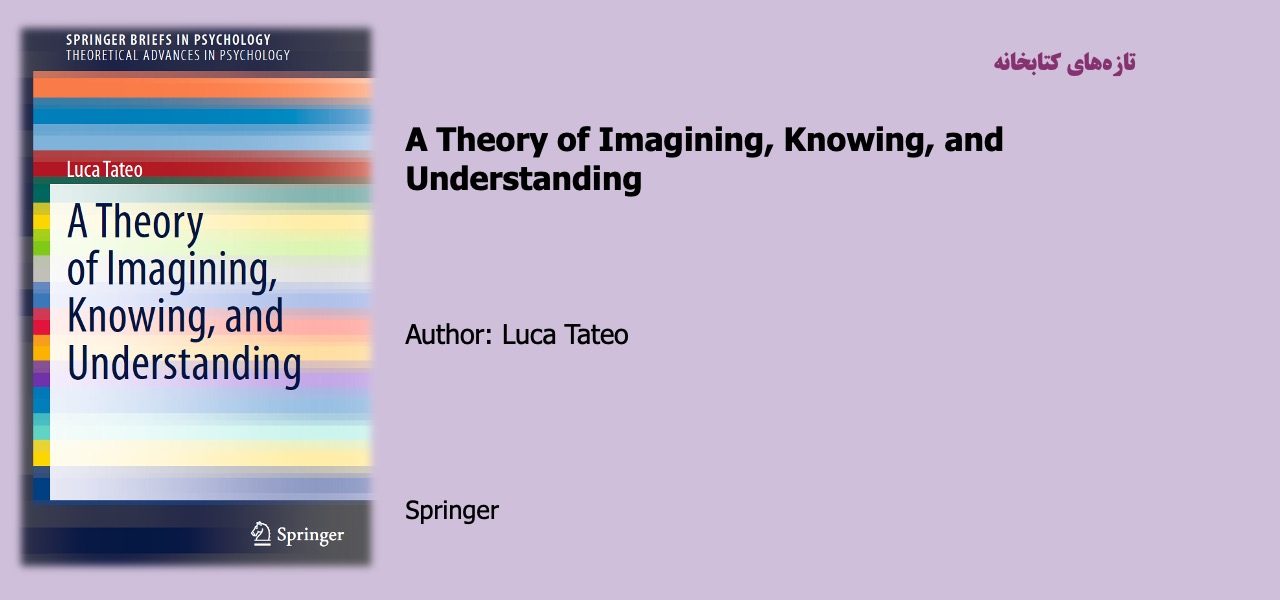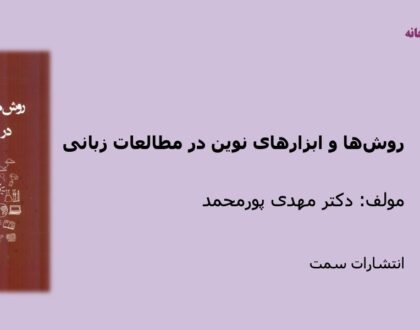A Theory of Imagining, Knowing, and Understanding

This is a book about imaginative work and its relationship with the construction of knowledge. So far so good. It is nowadays fully acknowledged by epistemologists that imagination is not something opposed to rationality; it is not mere fantasy opposed to intellect. In philosophy and cognitive sciences, imagination is generally “delimiting not much more than the mental ability to interact cognitively with things that are not now present via the senses” (Stuart 2017, p. 11). For centuries, scholars and poets have wondered where this capability could come from, whether it is inspired by divinity, or whether it is a peculiar feature of human mind (Tateo 2017b).
The omnipresence of imaginative work in both everyday and highly specialized human activities requires a profoundly radical understanding of this phenomenon.
We need to work imaginatively in order to achieve knowledge, and thus imagination must be something more than a mere flight of fantasy. Considering different stories in the field of scientific endeavor, I will try to propose the idea that the imaginative process is a fundamental higher mental function that concurs in our experiencing, knowing, and understanding the world we are part of. This book is thus about a theoretical idea of imagining as a constant part of the complex whole we call the human psyche. It is a story of human beings striving not only for knowledge and exploration but also for imagining possibilities.
مطالب مرتبط

آموزش مقدماتی کارکردهای اجرایی
۱ / خرداد / ۱۴۰۳

دستنامه عصبشناسی زبان آکسفورد
۱ / خرداد / ۱۴۰۳

روشها و ابزارهای نوین در مطالعات زبانی
۱ / خرداد / ۱۴۰۳

